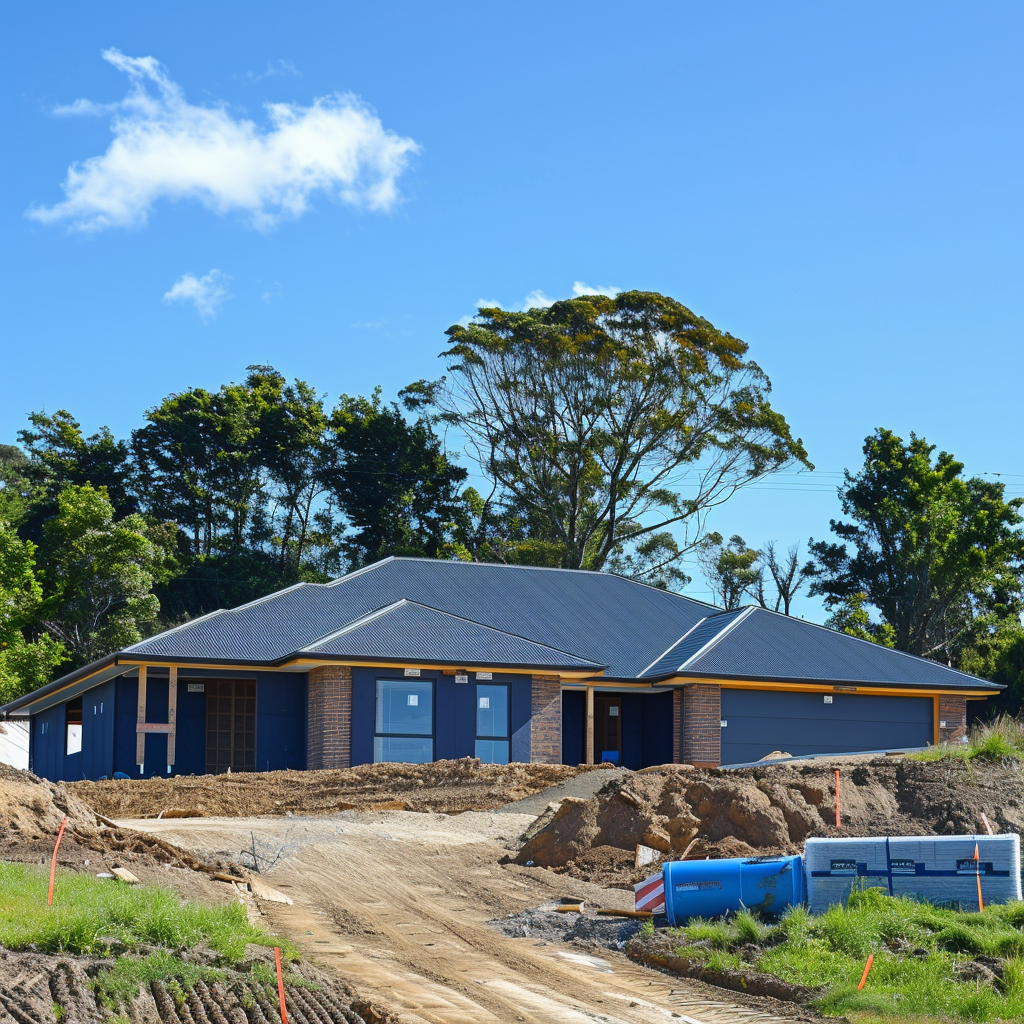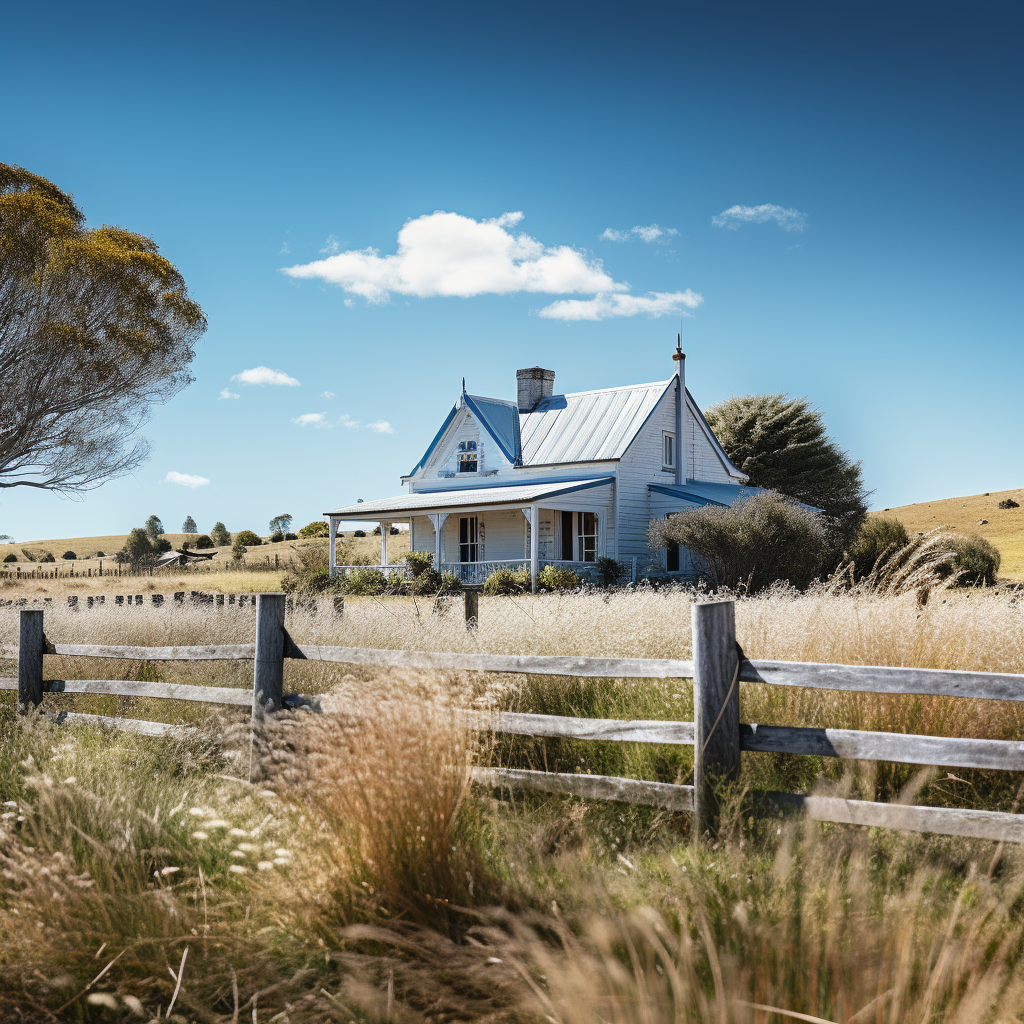Rural vs Urban: Where to Invest in NZ's Property Market
New Zealand's property market is a dynamic landscape, presenting a myriad of opportunities for investors. The decision between investing in rural or urban areas is a significant one, influenced by various factors including demographic trends, property value growth, rental yields, and much more. In this comprehensive guide, we'll delve into the intricacies of both rural and urban investment landscapes, helping you make an informed choice that aligns with your investment goals.
Demographic Trends: A Tale of Two Markets
The appeal of New Zealand's rural areas often lies in their serenity and the lifestyle they offer. Lifestyle blocks or retirement properties are particularly popular among those seeking a peaceful retreat from the hustle and bustle of city life. Conversely, urban centres are magnets for younger populations who are drawn to the employment opportunities and vibrant city culture. Understanding these demographic shifts is crucial when considering where to invest, as they directly impact demand for housing.
Property Value Growth: Assessing Potential
Urban properties are typically associated with faster value growth due to higher demand driven by population density and employment prospects. This can result in a robust appreciation of property values over time. On the flip side, although rural properties may come with more land at a lower cost, they tend to appreciate at a slower pace. Investors must weigh the potential long-term gains against the rate of growth when making their decisions.
Rental Yields: Urban Advantage with a Rural Touch
Higher rental yields in urban areas can be attributed to the concentration of universities and businesses which create a consistent demand for rental accommodation. However, rural areas shouldn't be overlooked as they often boast lower tenant turnover, providing a stable income stream for landlords who prefer long-term tenancy arrangements.
Infrastructure Development: The Urban Edge
Investment in infrastructure such as public transport and amenities typically unfolds at a quicker pace in urban regions. This can lead to an increase in property values as accessibility and quality of life improvements make these areas more desirable. Rural regions may not experience this rapid development, potentially limiting the pace at which property values increase.
Land Use Regulations: Navigating Rural Restrictions and Urban Complexity
Rural zones come with restrictive land use regulations that can impact subdivision and development possibilities. While this might preserve the natural beauty and character of these areas, it could also limit investment potential. In contrast, urban zoning might offer more flexibility but comes with its own set of complexities that require careful navigation.
Lifestyle Considerations: Choosing Your Ideal Environment
Investors looking for tranquility might find rural investments more appealing due to their spacious environments. Those seeking convenience and accessibility will likely gravitate towards urban investments where everything from shopping centres to entertainment venues is just around the corner.
Supply and Demand Dynamics: Urban Scarcity vs Rural Abundance
The limited space for new developments in urban areas often results in higher prices due to intense competition for existing properties. Rural areas generally have more land available for development but may face less demand, which can influence both pricing and investment viability.
Economic Factors: Stability vs Fluctuation
Urban centres are economic hubs offering job stability which can positively influence property investment decisions. Rural areas may be more susceptible to fluctuations in markets such as agriculture or tourism, presenting both risks and opportunities depending on economic cycles.
Technology and Connectivity: Bridging the Urban-Rural Divide
With technology advancements, rural areas are gradually improving their internet services - an essential consideration for tenants and home-based businesses. However, urban regions still lead with superior connectivity options that meet modern lifestyle demands.
Sustainability and Environmental Impact: Conscious Investing
Investors are increasingly mindful of their environmental footprint when making property decisions. Urban investments offer high-density housing options that minimise land use; meanwhile, rural investments provide opportunities to engage in green building practices promoting sustainable living.
Whether you opt for an urban or rural setting for your property investment in New Zealand depends on multiple facets - from demographic shifts to sustainability concerns - each playing a pivotal role in shaping your decision-making process. A thorough analysis matching these factors against your investment objectives will guide you towards making choices that not only promise financial returns but also align with your broader goals for contributing positively to New Zealand's future.






